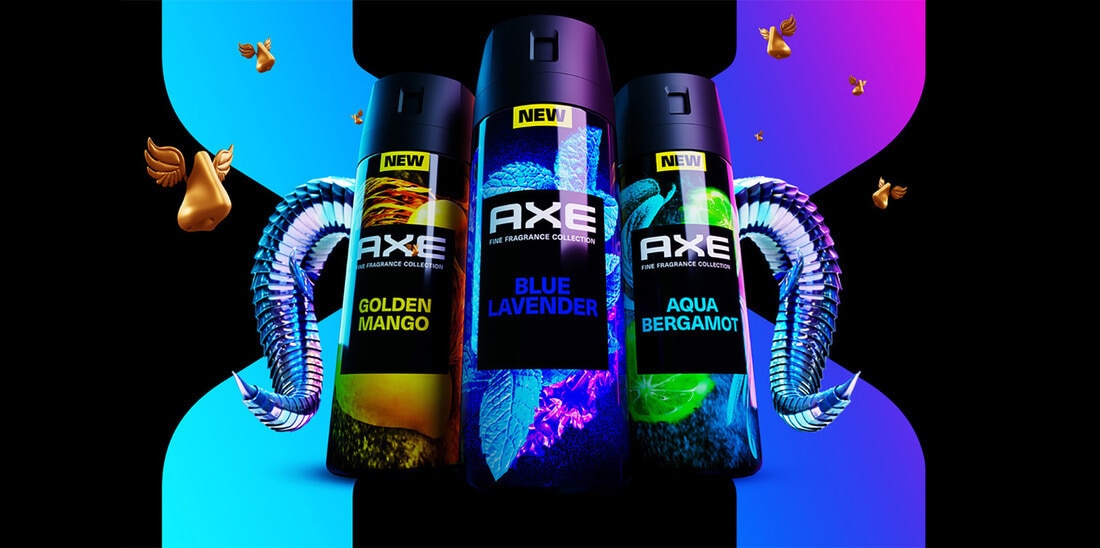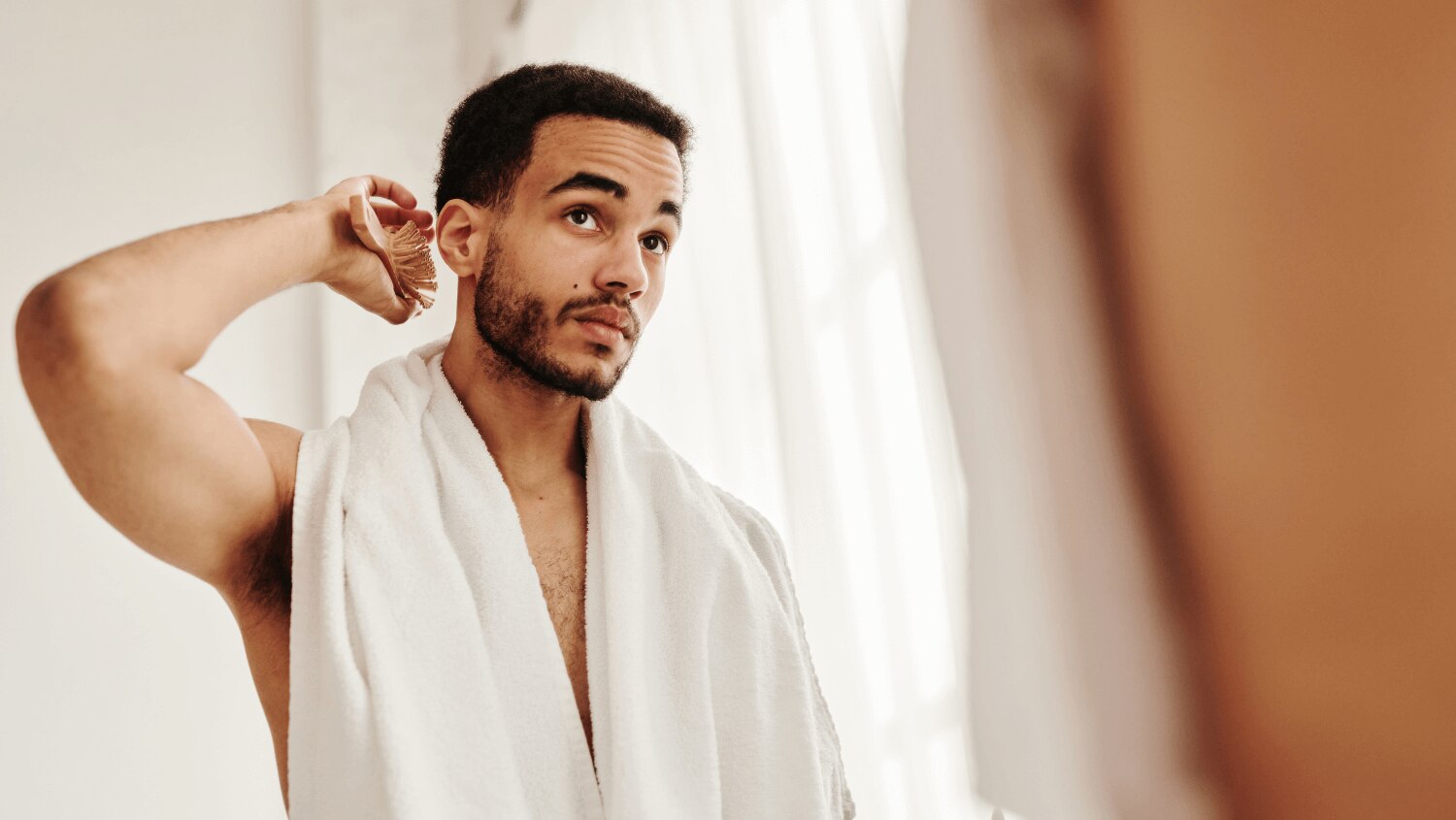Save on the Axe Fine Fragrance Collection
Join our Community and Discover the Axe Effect
Join our Community and Discover the Axe Effect
Save by signing up to receive communications from Axe and other Unilever Brands about exclusive offers, product updates, and more! By signing up, you agree to our Sign-Up and Save Policy and our Privacy Notice.
In the world of personal care, one ingredient keeps popping up on everyone’s radar—Sodium Laureth Sulfate, or SLES for short. Think of it as the shampoo aisle celebrity: everyone’s talking about it, but not all the chatter is good. Some say it’s the sneaky villain behind skin irritation, while others couldn’t care less. So, what’s the real deal? Is SLES safe for skin, or should you be cautious? Let’s separate the myths from the facts and figure out if this body wash ingredient really deserves its reputation.
Fact: While SLES and SLS (sodium lauryl sulfate) might sound like twins, they are more like distant cousins. SLES is gentler than SLS, which is why it is often used in products for sensitive skin or on the face. SLS, on the other hand, is a trusted ingredient in body washes like AXE Apollo, where it creates that rich, satisfying lather we all love. Neither SLS nor SLES is inherently bad for your skin. What matters is how they are used. So, when you see SLES or SLS on a label, know that both have their place in keeping your shower or skincare routine fresh and effective.¹
Fact: Most people can use products containing SLES without any issues. It's true that in rare cases, individuals with very sensitive skin might experience irritation, but for the majority, SLES is a safe and effective cleanser.² If you're one of the few with sensitive skin, it might be worth doing a patch test first.
Fact: This myth is a classic case of misinformation. There's no scientific evidence linking SLES to hair loss.³ Hair thinning is usually tied to factors like genetics, stress, or overall health—not your shampoo. If you're worried about losing your luscious locks, it's probably not your SLES-containing shampoo that's to blame.
That said, if you have very sensitive scalp, color-treated hair, or notice dryness or irritation, choosing a sulfate-free shampoo can be a smart way to be on the safe side. Here's why:
Fact: Regulatory bodies around the world have given SLES the green light at normal concentrations in cosmetics.⁵ It's been tested for decades and is approved for use in body washes and shampoos. Use them as indicated on the labels.
Fact: The decision to go SLES-free is more about personal preference than necessity. For most people, SLES is a safe and effective cleanser. If you prefer to avoid it, that's a choice. It's all about what makes you feel comfortable and confident in your skincare routine.
While SLES might get some negative publicity, it's an ingredient that can be incredibly effective in cleansers and shampoos. If you're looking for a body wash that combines great fragrance with effective cleansing, try AXE Body Wash.
Keep calm and lather on!
1. Zogics. What is Sodium Laureth Sulfate? 2024.
3. Today. Are Sulfates Bad for Hair? 2025.
Related Products

